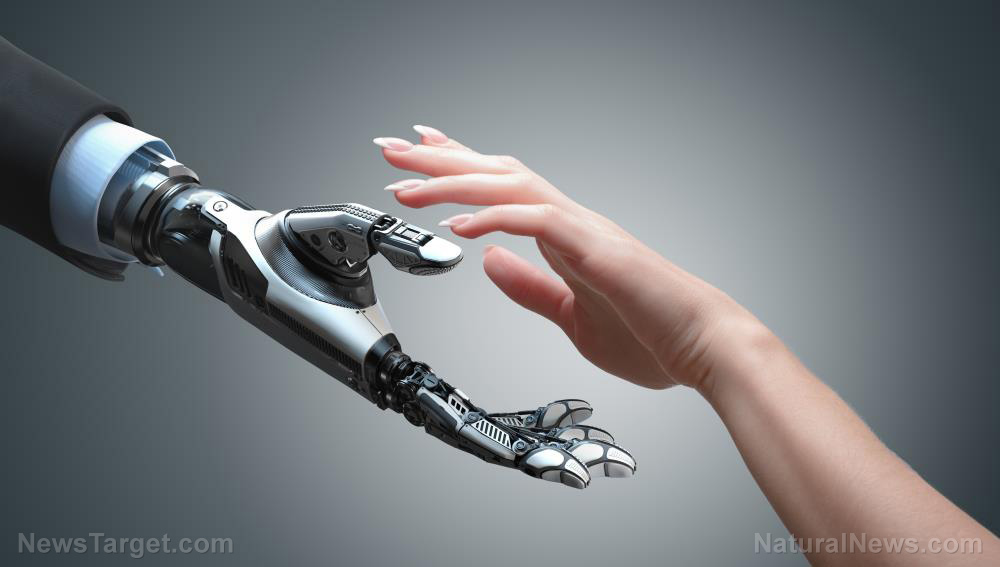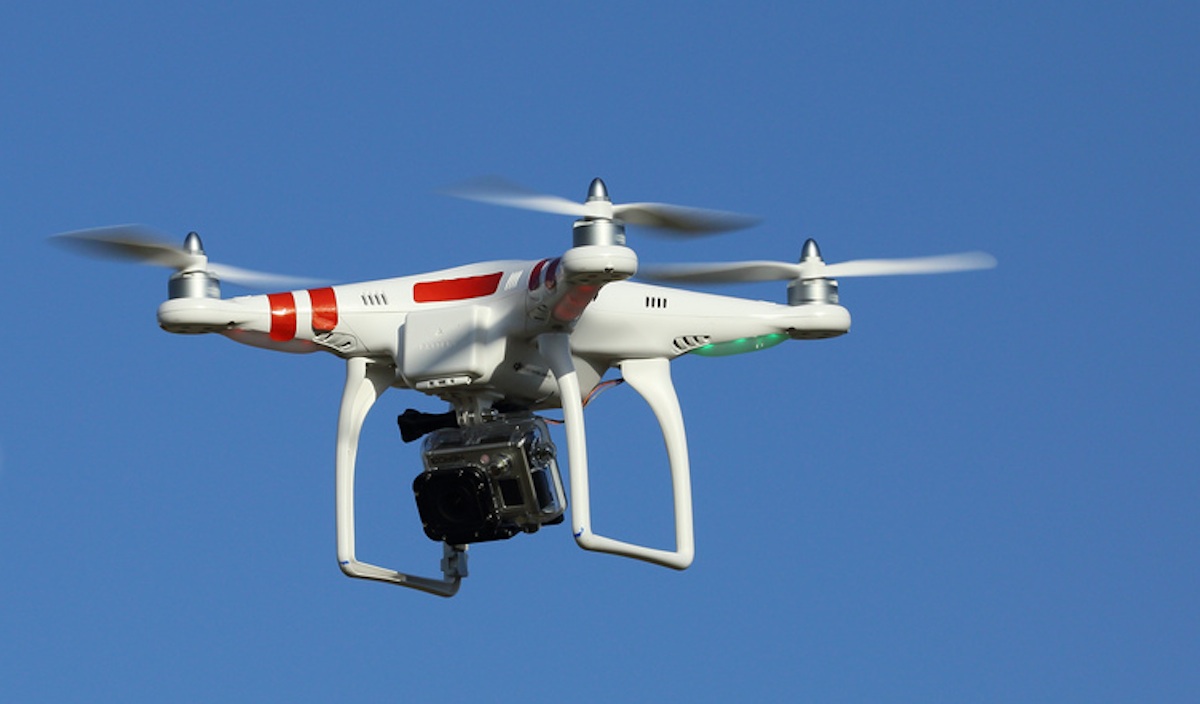Digital assistants could serve as your alter ego in 20 years’ time, say Microsoft execs in new book about A.I.
08/25/2018 / By David Williams

Thanks to the introduction and the proliferation of smartphone technology, the world has changed drastically in only 20 years. What once needed the use of multiple devices and a well-thought-out morning routine – such as waking up to the smell of coffee, reading the latest news, and catching a ride to work 0 can now be accomplished with just a few taps and swipes on the screen of a handheld computer that fits in your pocket. Now two of Microsoft’s most high-ranking executives have put forth the idea that there could be even more changes after the next two decades, only this time, the catalyst wouldn’t be better hardware but advanced artificial intelligence (AI).
In a new book, Microsoft President Brad Smith and EVP of AI research Harry Shum each share their thoughts on what the future could hold for AI in relation to human interaction, education, and work. They say that in only 20 years time, the “ultimate manifestation of AI” will come in the form of a highly sophisticated digital assistant that could serve as an alter ego. This is according to an interview with Business Insider where it is said that the ground rules for such a kind of AI will need to be set as early as now.
Their book is titled, “The Future Computed,” and it examines artificial intelligence and the role that it will play in society now as well as many years into the future. It starts off primarily from a consumer’s point of view, detailing a future where having a digital assistant just like Jarvis from the Iron Man movies is the norm. According to the authors, this future digital assistant will have so much information about you that it might as well be another you – a digital you.
That is exactly what they are referring to – primarily in internal discussions – when they say the words alter ego. They imagine that in the future, digital assistants could be so advanced and complex that they could serve as a sort of second self. As Shum points out, “I think that a lot of AI capabilities will be developed in 20 years. There’s already so much progress with reading and writing, and things like guiding people through solving math equations, and I will be able to help us do a lot more.”
Meanwhile, Smith argues that it’s important for humans to unite as species in order to ensure that AI gets utilized properly and benefits all individuals or groups of people that interact with it. He even went as far as to say that the future of Microsoft’s business could hinge on the success of AI projects, systems, and services. For now, he says that his focus is on making sure that people “go forward in ways that are well informed, that are thoughtful, and in a sense, a commitment to share responsibility.” All that so that there is a higher chance that AI gets used well.
Near the end of the book, the authors also make a case for the importance of post-high school education in a society that relies on AI extensively. To be more specific, they say that people will need to learn how to adapt to a skills-based economy, where it might be mandatory to pursue some level of education or training well beyond high school just to keep up with all of the changes happening in the world around them. In other words, as AI becomes advanced enough to replace highly skilled workers in certain professions, it becomes even more important to find other ways to become gainfully employed. In any case, it will be interesting to see what happens after 20 years.
Sources include:
Tagged Under: Artificial Consciousness, artificial intelligence, Deep Learning, digital assistant, digital self, future science, future tech, machine learning, Microsoft, science and technology, voice assistant




















